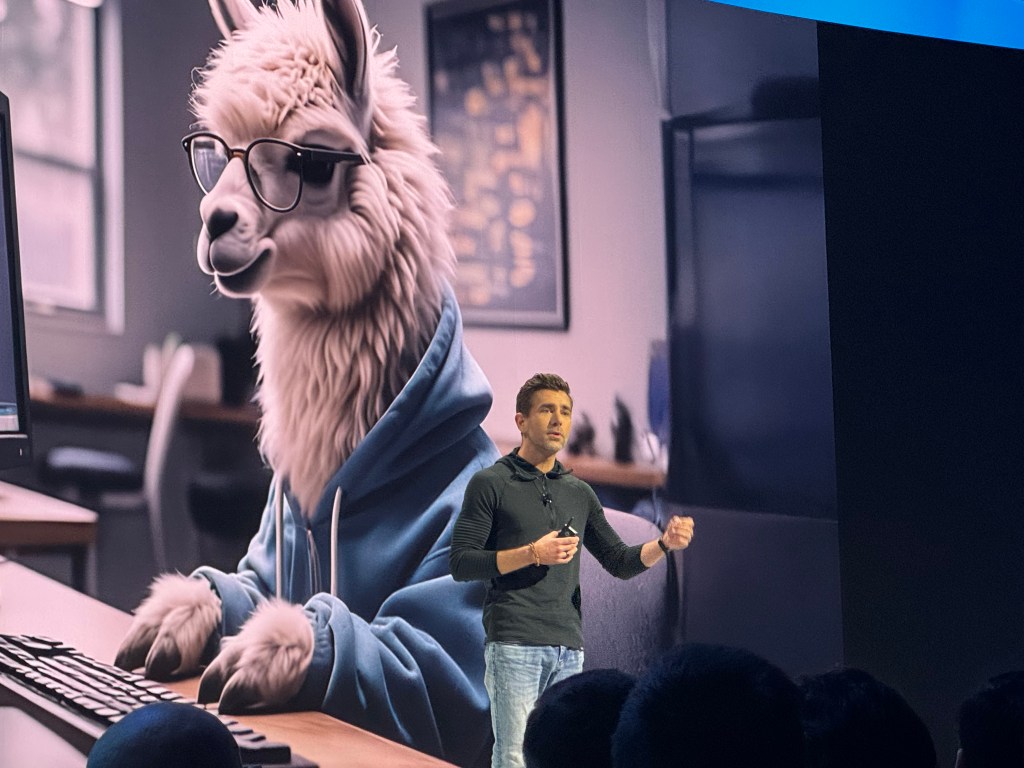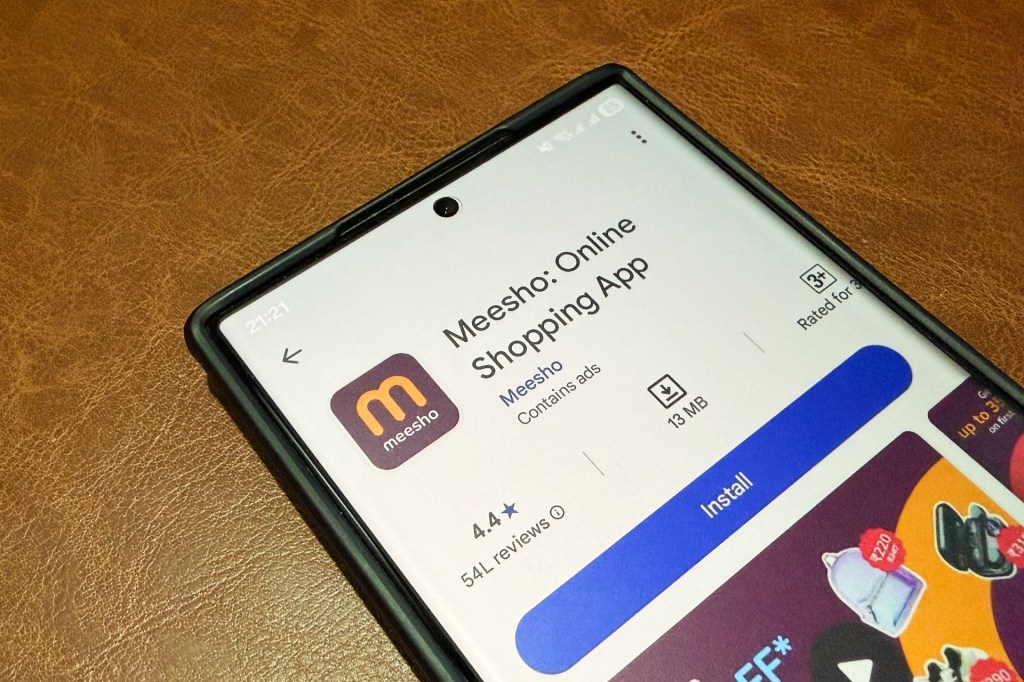On April 29, 2025, Meta Platforms hosted its inaugural AI developer conference, LlamaCon, at its Menlo Park headquarters. This event marked a significant step in Meta’s ongoing efforts to position itself as a formidable competitor in the artificial intelligence (AI) landscape, particularly against industry leader OpenAI.
Introduction of Meta AI Chatbot App
A highlight of LlamaCon was the unveiling of Meta’s standalone AI assistant application, designed to rival OpenAI’s ChatGPT. This new app extends the reach of Meta’s AI capabilities beyond its existing platforms—WhatsApp, Instagram, Facebook, and Messenger—into a dedicated environment for AI interaction. Powered by Meta’s latest large language model, Llama 4, the app offers advanced reasoning, multilingual support, and enhanced efficiency. It also provides personalized responses by integrating data from users’ Facebook and Instagram profiles, aiming to deliver a more tailored user experience. Additionally, the app features a discover feed that showcases user interactions with AI, fostering a community-driven approach to AI engagement. A voice mode has been incorporated, allowing users to communicate with the AI assistant through speech, thereby enhancing accessibility and user engagement. ([reuters.com](https://www.reuters.com/business/facebook-parent-meta-platforms-launches-standalone-ai-assistant-app-2025-04-29/?utm_source=openai), [apnews.com](https://apnews.com/article/7ad0b5133b98c40e1877d2ea1f6b1d00?utm_source=openai))
Launch of Llama API for Developers
In a move to attract AI developers and expand the adoption of its Llama models, Meta introduced the Llama application programming interface (API) during LlamaCon. This API simplifies the integration of Meta’s Llama AI models into various products, enabling developers to incorporate advanced AI functionalities with minimal effort. Meta’s Chief Product Officer, Chris Cox, emphasized the ease of adoption, stating that developers can begin with just one line of code. While pricing details remain undisclosed, the API is currently available to select customers in a limited preview, with plans for a broader rollout in the near future. ([reuters.com](https://www.reuters.com/business/meta-introduces-llama-application-programming-interface-attract-ai-developers-2025-04-29/?utm_source=openai))
Meta’s Open-Source AI Strategy
Meta’s approach to AI development is characterized by its commitment to open-source principles. By offering its AI tools for free, Meta aims to foster a collaborative ecosystem that encourages innovation and widespread adoption. This strategy stands in contrast to competitors like OpenAI and Google, which often gate their models behind proprietary services. Meta’s open-source Llama models have already seen significant adoption, with over a billion users engaging with them monthly. The company reports hundreds of millions of downloads of the model, with at least 25 partners hosting Llama, including Nvidia, Databricks, Groq, Dell, and Snowflake. ([techcrunch.com](https://techcrunch.com/2025/02/18/meta-announces-llamacon-its-first-generative-ai-dev-conference/?utm_source=openai))
Competitive Landscape and Strategic Implications
Meta’s initiatives at LlamaCon are not merely about expanding its AI offerings but are strategically aimed at undercutting OpenAI’s market position. By providing free and open-source AI models, Meta challenges the proprietary nature of OpenAI’s services, positioning itself as a more accessible and developer-friendly alternative. This approach aligns with Meta CEO Mark Zuckerberg’s vision of fostering an open AI ecosystem that empowers developers to build innovative applications without the constraints of closed-source models.
Integration with Meta’s Ecosystem
The new AI assistant app is designed to seamlessly integrate with Meta’s existing ecosystem, including its AI glasses and their companion app. This integration aims to provide a cohesive user experience across Meta’s hardware and software platforms, enhancing the utility and appeal of its AI offerings. By leveraging data from users’ Facebook and Instagram accounts, the app delivers personalized responses, further embedding Meta’s AI capabilities into users’ daily digital interactions. ([reuters.com](https://www.reuters.com/business/facebook-parent-meta-platforms-launches-standalone-ai-assistant-app-2025-04-29/?utm_source=openai))
Future Prospects and Revenue Models
Looking ahead, Meta plans to test a paid subscription model for advanced features of its AI chatbot in the second quarter of 2025. While substantial revenue from this service may not materialize until 2026, this move indicates Meta’s intent to monetize its AI offerings while maintaining a base level of free access to encourage widespread adoption. This dual approach allows Meta to build a large user base through free services while offering premium features to generate revenue. ([reuters.com](https://www.reuters.com/business/facebook-parent-meta-platforms-launches-standalone-ai-assistant-app-2025-04-29/?utm_source=openai))
Conclusion
Meta’s LlamaCon represents a pivotal moment in the company’s AI strategy, showcasing its commitment to open-source development and its determination to challenge established players like OpenAI. By launching a standalone AI assistant app and providing developers with easy access to its Llama models through the new API, Meta is positioning itself as a leader in the AI space. These initiatives not only expand Meta’s AI capabilities but also reflect a broader strategy to foster an open and collaborative AI ecosystem that empowers developers and users alike.



